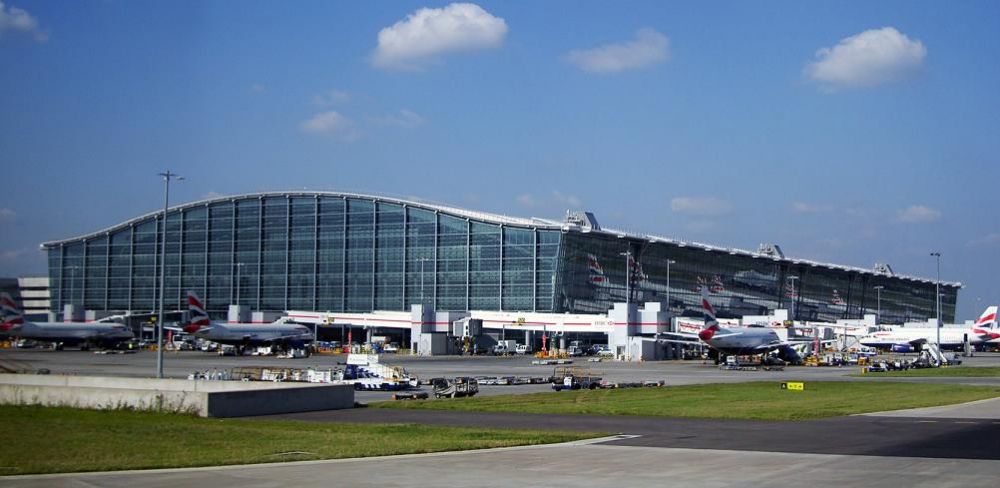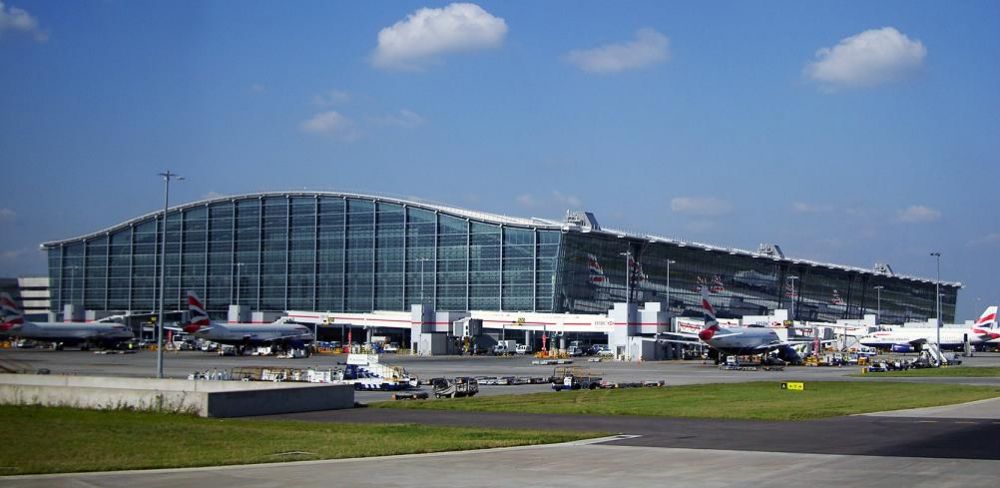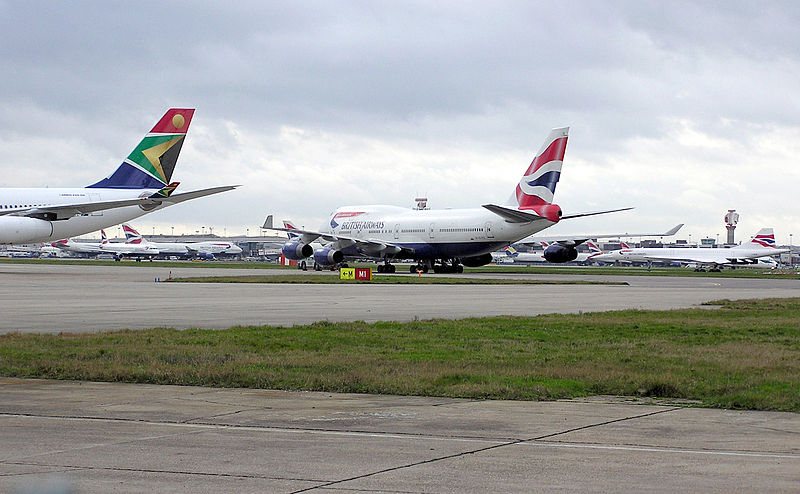EU’s aviation carbon cap is lawful, says top court advisor
The European legislation that will enforce airlines to buy permits for carbon emissions is within the law, according to an advisor for Europe’s highest court.


The European legislation that will enforce airlines to buy permits for carbon emissions is within the law, according to an advisor for Europe’s highest court.
“EU legislation does not infringe the sovereignty of other states or the freedom of the high seas guaranteed under international law, and is compatible with the relevant international agreements,” Advocate General, Juliane Kokott told reporters today.
From the start of 2012 all airlines that land and take off in Europe will have to cover the carbon cost of all journeys by purchasing permits under the EU’s emissions trading scheme (ETS).The ruling is expected to be finalised by the European Court of Justice (ECJ) early next year.
After the European Court of Justice rejected the claims of the Air Transport Association of America, American Airlines and United Continental that the legislation was unlawful, they took their case to London. The airlines were hopeful that their appeal would be successful after the UK introduced their own national laws to implement the European directive. Despite Kokott’s views not being legally binding, it is seldom that judges at the London High Court of Justice disagree with the advice of an advocate general.
The inclusion of airlines in carbon trading has been a bitter dispute for several years. It was agreed as part of Kyoto in 1997 that the emissions from aircraft would be tackled through the International Civil Aviation Organisation, but progress there is painfully slow and so the EU has taken the matter into its own hands. 
As part of the EU’s ETS remit, the aviation industry will now join utility companies and factory owners in having a set cap on their level of carbon emissions. If they emit less than their limit, then they can trade their emission allowances.
From January airlines will be expected to pay for 15 percent of their emitted carbon, with the remaining 85 percent making up their allocated allowance. The European Commission has calculated that the cost being passed to airline passengers could range from as little as $2.66 to as much as $15.96.
Currently around 3% of overall emissions come from the aviation industry.
Image 01 & 02: Arpingstone | Wikimedia Commons





